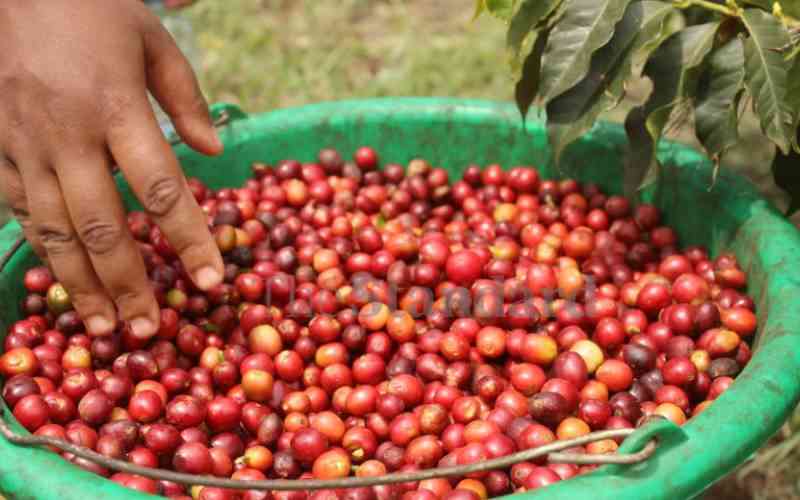×
The Standard e-Paper
Read Offline Anywhere

The coffee sub-sector is sinking deeper into a crisis following a stalemate between the government and the key players in the value chain over proposed reforms, a move that has pushed prominent millers out of the market.
Consequently, farmers cannot take their parchment coffee to the private millers who are said to be holding thousands of bags they cannot sell.
